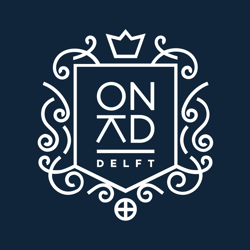1689 – ✝ 1733
Huibert Poot
'How satisfyingly rolls the life, of the rested lanterman, who would give zyn blissful fate, however small, for no king's crown!' So reads the beginning of 'Akkerleven', by poet Hubert Korneliszoon (Huibert) Poot. Thanks in part to this poem, Poot acquired an indelible place in Dutch history.
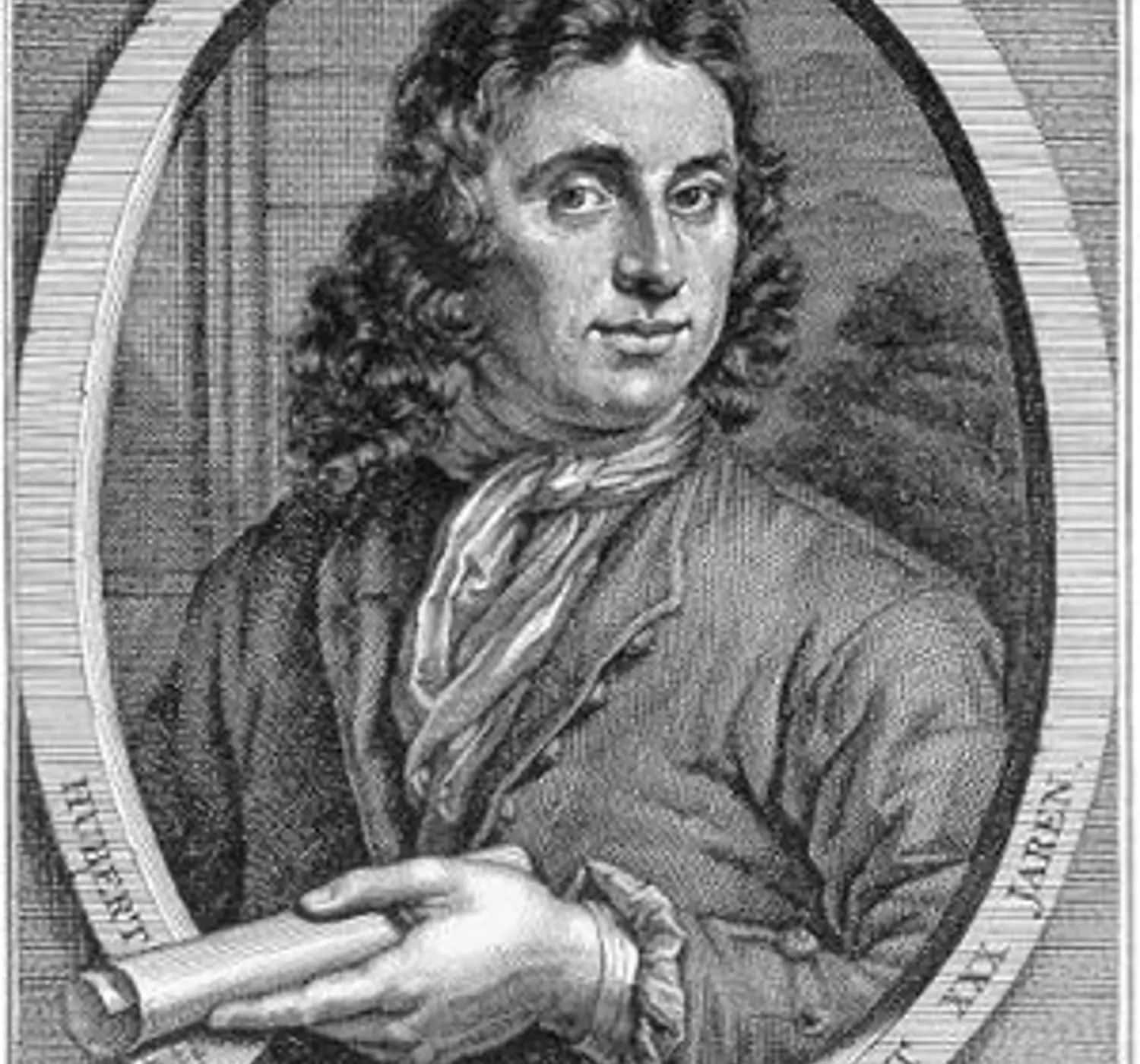
Farmers life
Huibert Poot was a farmer from Abtswoude, a hamlet near Delft. From an early age he was involved in poetry. In 1716, Poot published his first collection: Mengeldichten. He became extremely popular overnight. People came from far and wide for 'the farmer who could write poetry'.
Liquor abuse
Poot was innovative because he also incorporated his own thoughts and feelings. With poems like 'Akkerleven', he cleverly played on the idyllic image of peasant life. In 1723, Poot moved to Delft. There, however, he fell into the wrong circles and became an alcoholic. Within a year, he was back in Abtswoude.
Moving
In 1732, Poot married his great love: Neeltje 't Hart. They had a daughter, but she died after only thirteen days. For that, Poot wrote the moving 'Op de doot van myn dochtertje'. He himself died about six months later.
Bouncy
Thus, Poot's life ended sadly. 'Here lies Poot, he is dead,' people later wrote jokingly. To this day, however, the memory of this extraordinary poet remains alive and kicking. Not least thanks to the memorial stone in the Oude Kerk.
Discover more about Key Characters
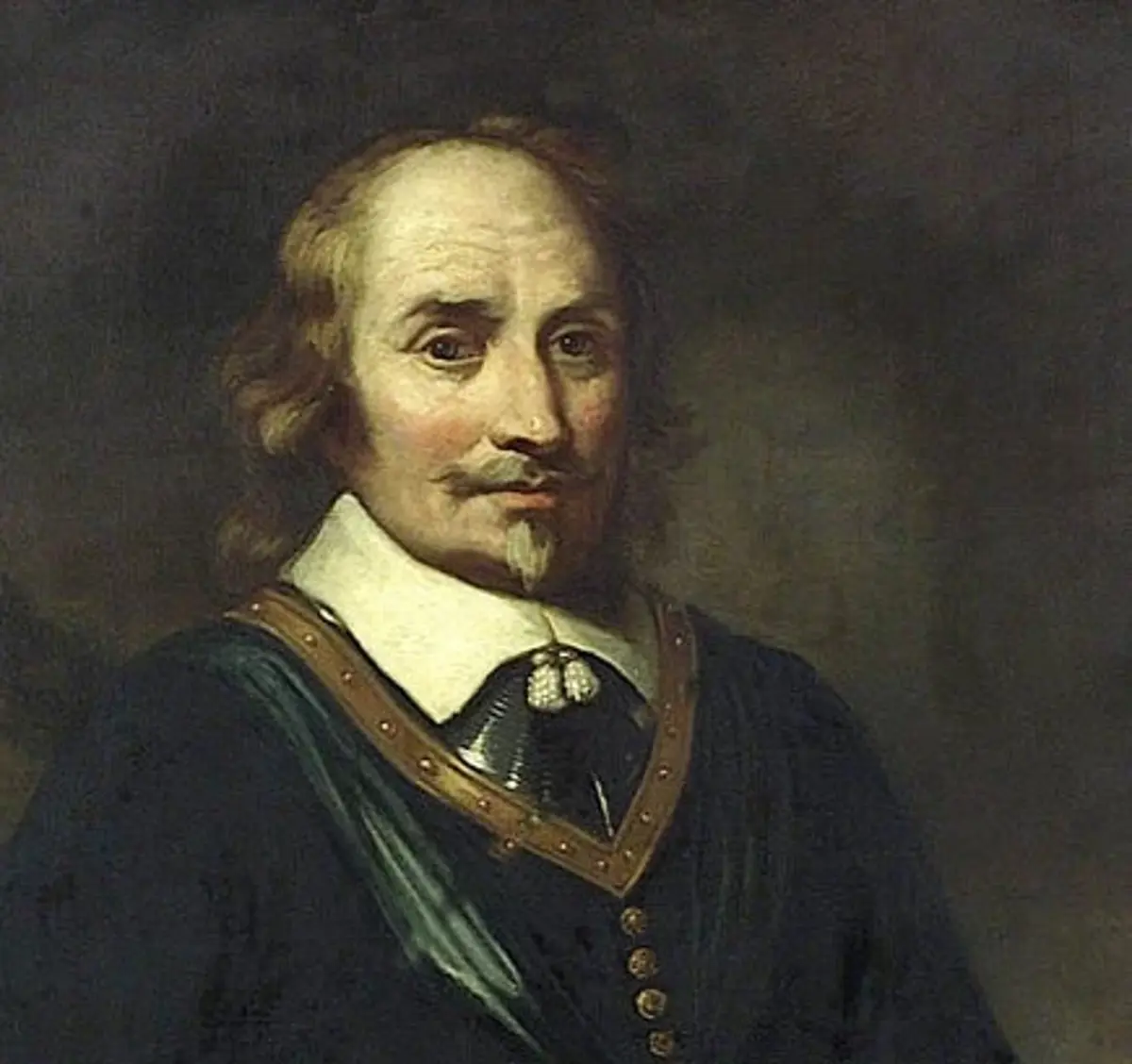
Maarten Tromp
Maarten Harpertszoon Tromp is perhaps the most notable naval hero in Dutch history. At a time of international tension and increasing world trade, he served alternately in merchant shipping and the navy. From there, he worked his way up from ship's boy to commander-in-chief.
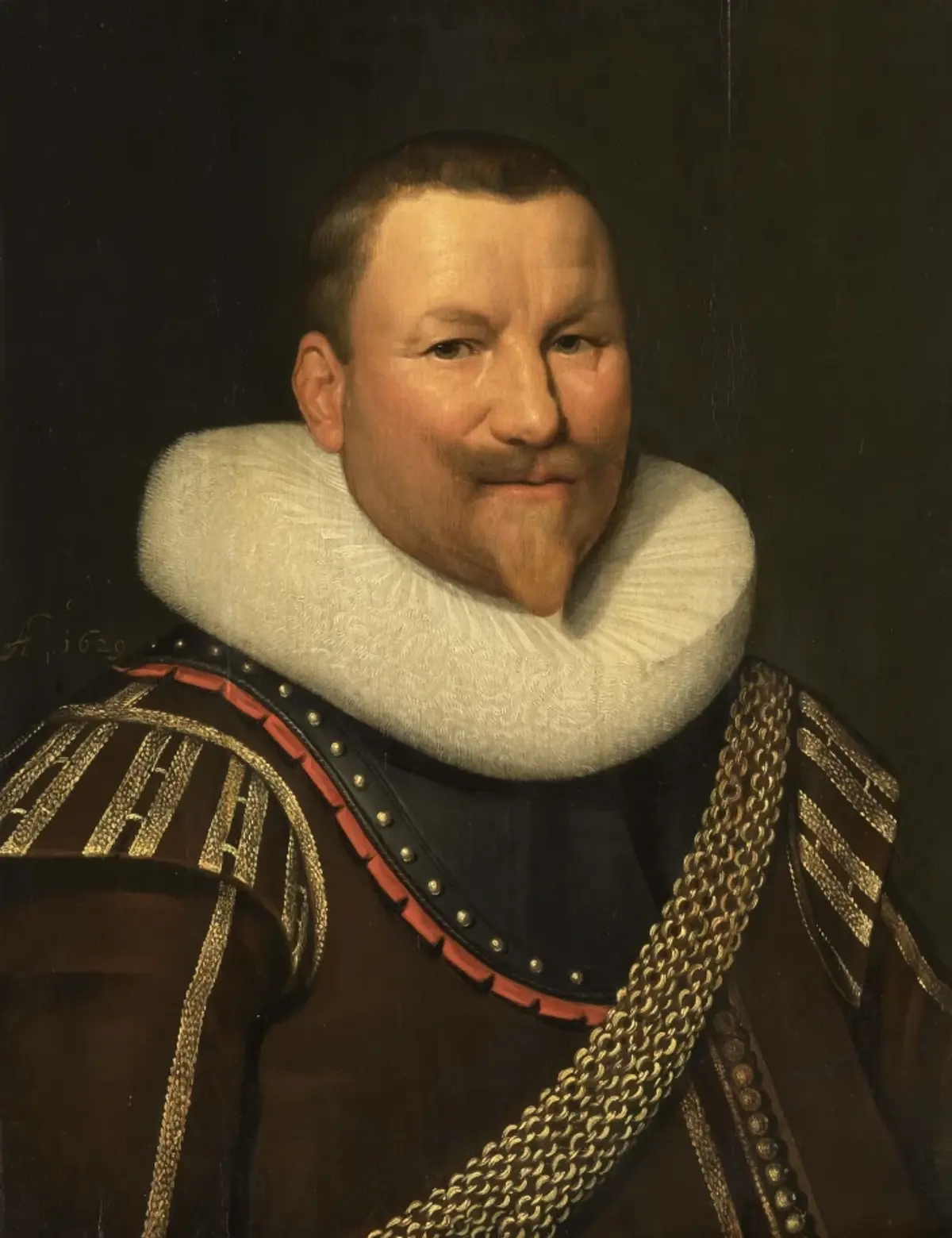
Piet Hein
'Piet Hein, his name is small, his deeds are great, his deeds are great, he has won the Silver Fleet ...' The triumphant lyrics of the famous song about Piet Hein. In 1628, he hijacked a very valuable sea transport from the Spanish ruler, making him one of Holland's most famous naval heroes.
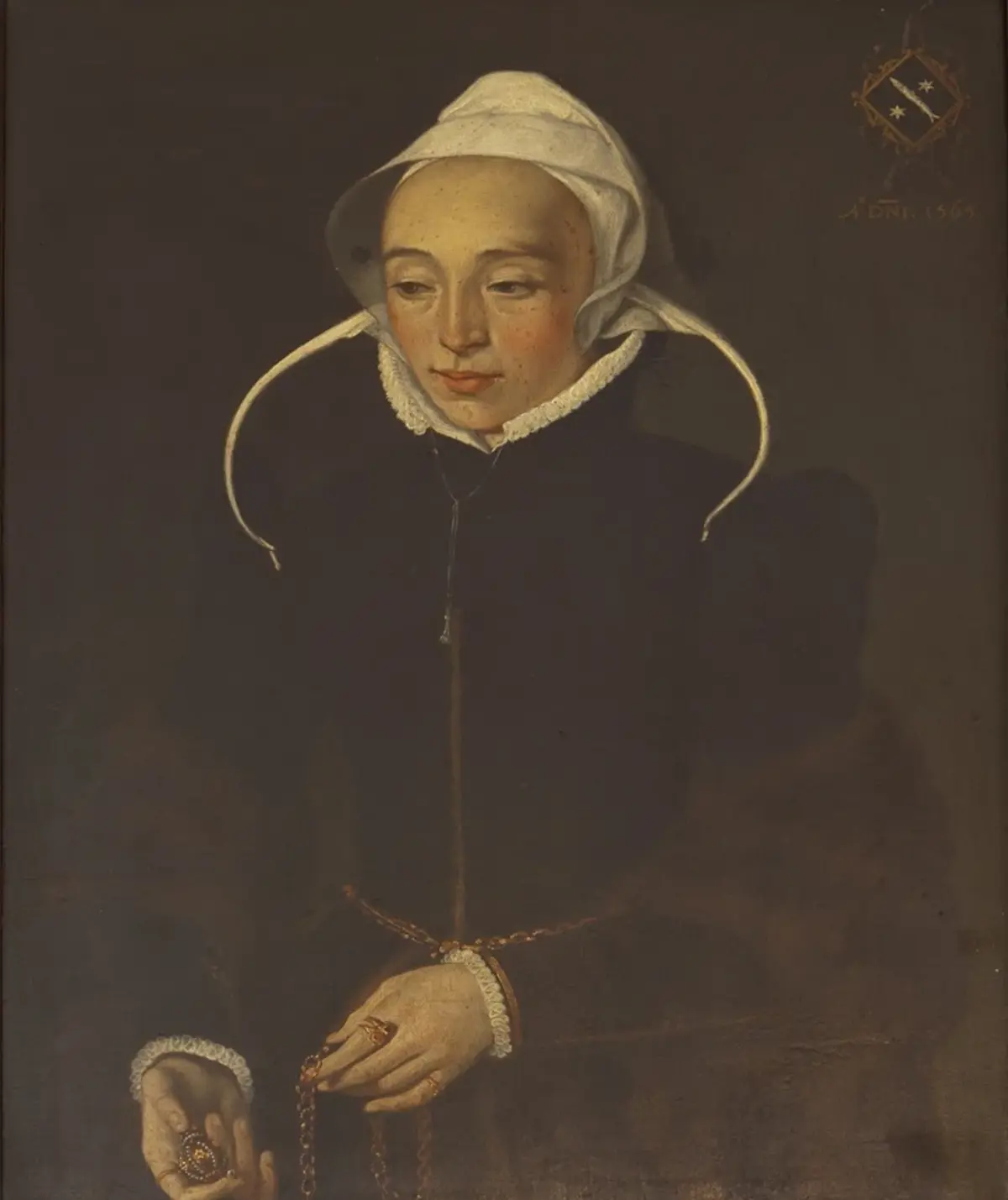
Clara van Spaerwoude
Clara van Spaerwoude is inextricably linked to Delft history. There is even a Delft street named after her. Van Spaerwoude became best known for her enormous inheritance, which she distributed in the form of wedding gifts. Until over three hundred years after her death, she used them to make many couples happy.
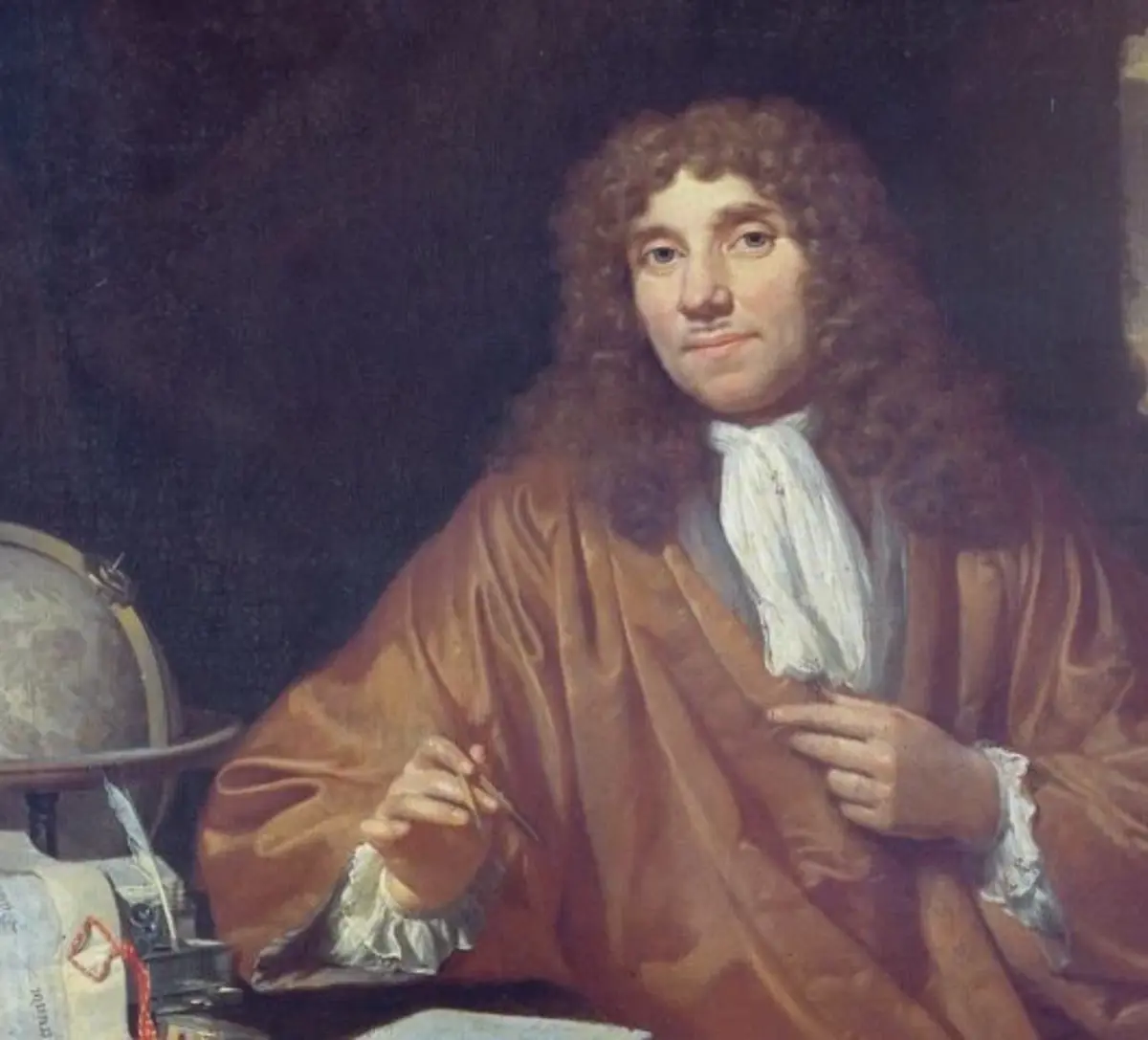
Antoni van Leeuwenhoek
Antoni van Leeuwenhoek is best known as the man who improved the microscope. However, he also made several progressive scientific discoveries. Still today, this pioneer is respected for his extraordinary achievements as an inventor and researcher.
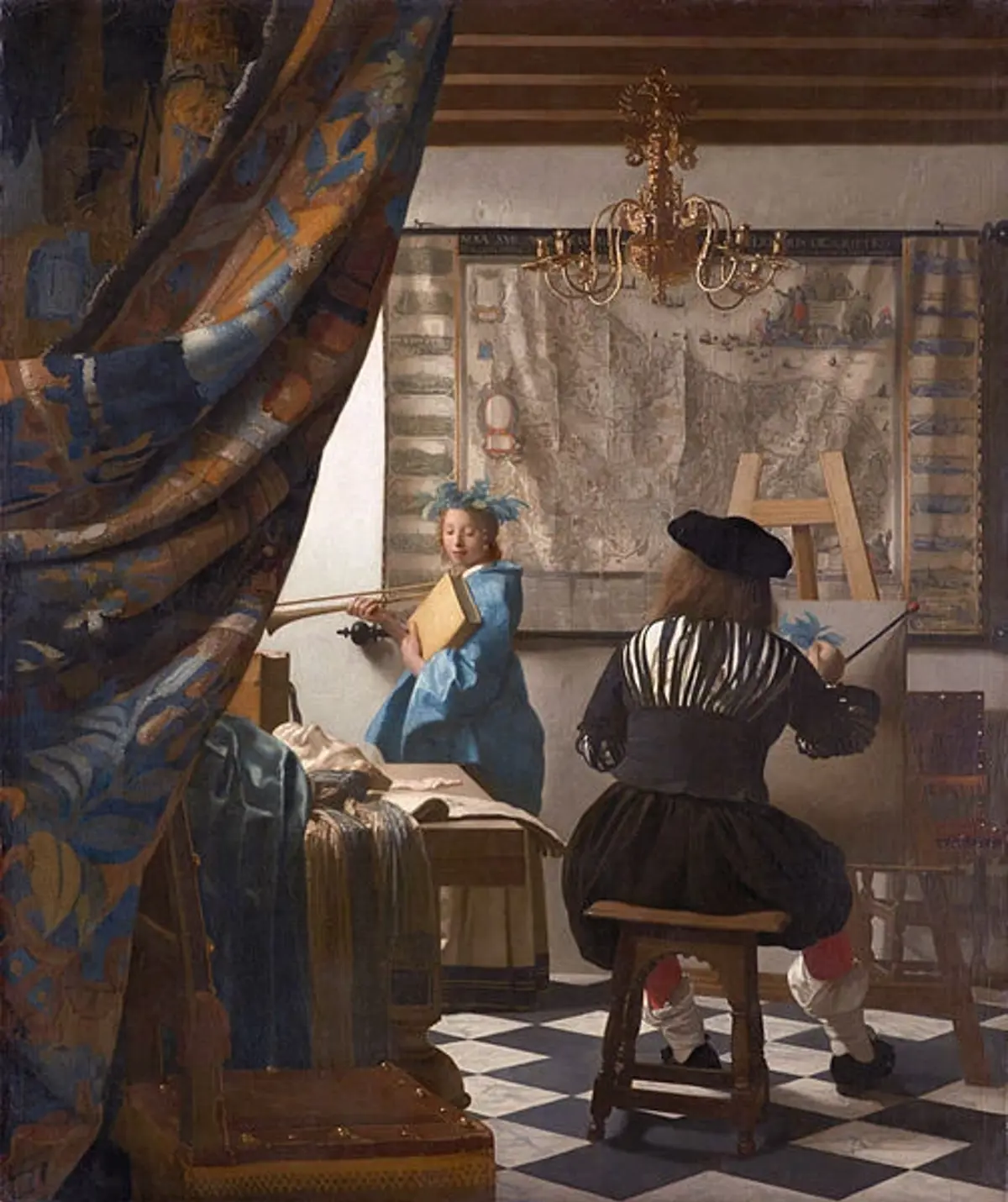
Johannes Vermeer
The 'Master of Light', 'Sphinx of Delft', or Johannes Vermeer, is perhaps the most famous painter in Dutch history. With his unique works, in which the stunning rendering of sunlight is particularly striking, this Delft native achieved international fame. However, Vermeer died as a pauper ...
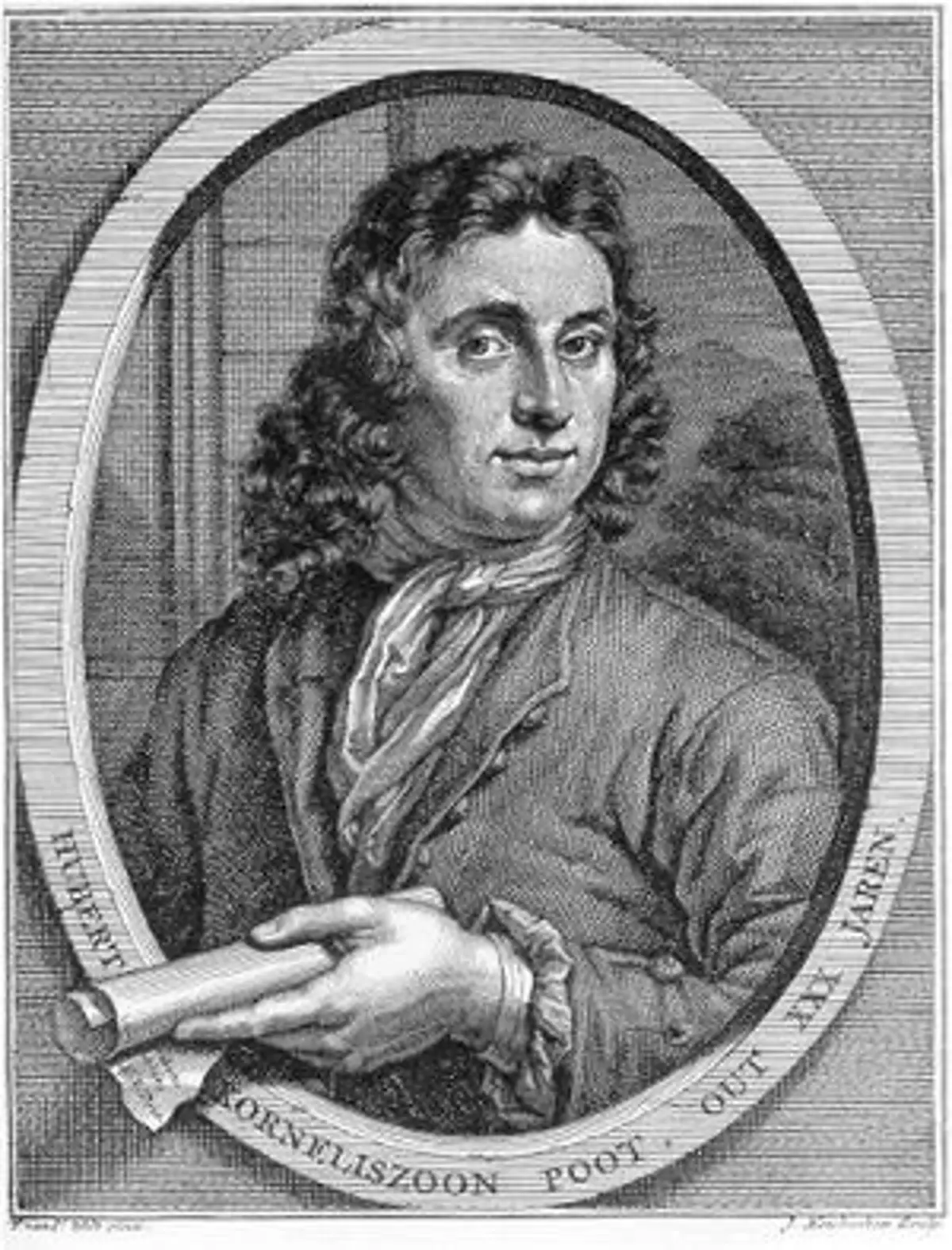
Huibert Poot
'How satisfyingly rolls the life, of the rested lanterman, who would give zyn blissful fate, however small, for no king's crown!' So reads the beginning of 'Akkerleven', by poet Hubert Korneliszoon (Huibert) Poot. Thanks in part to this poem, Poot acquired an indelible place in Dutch history.
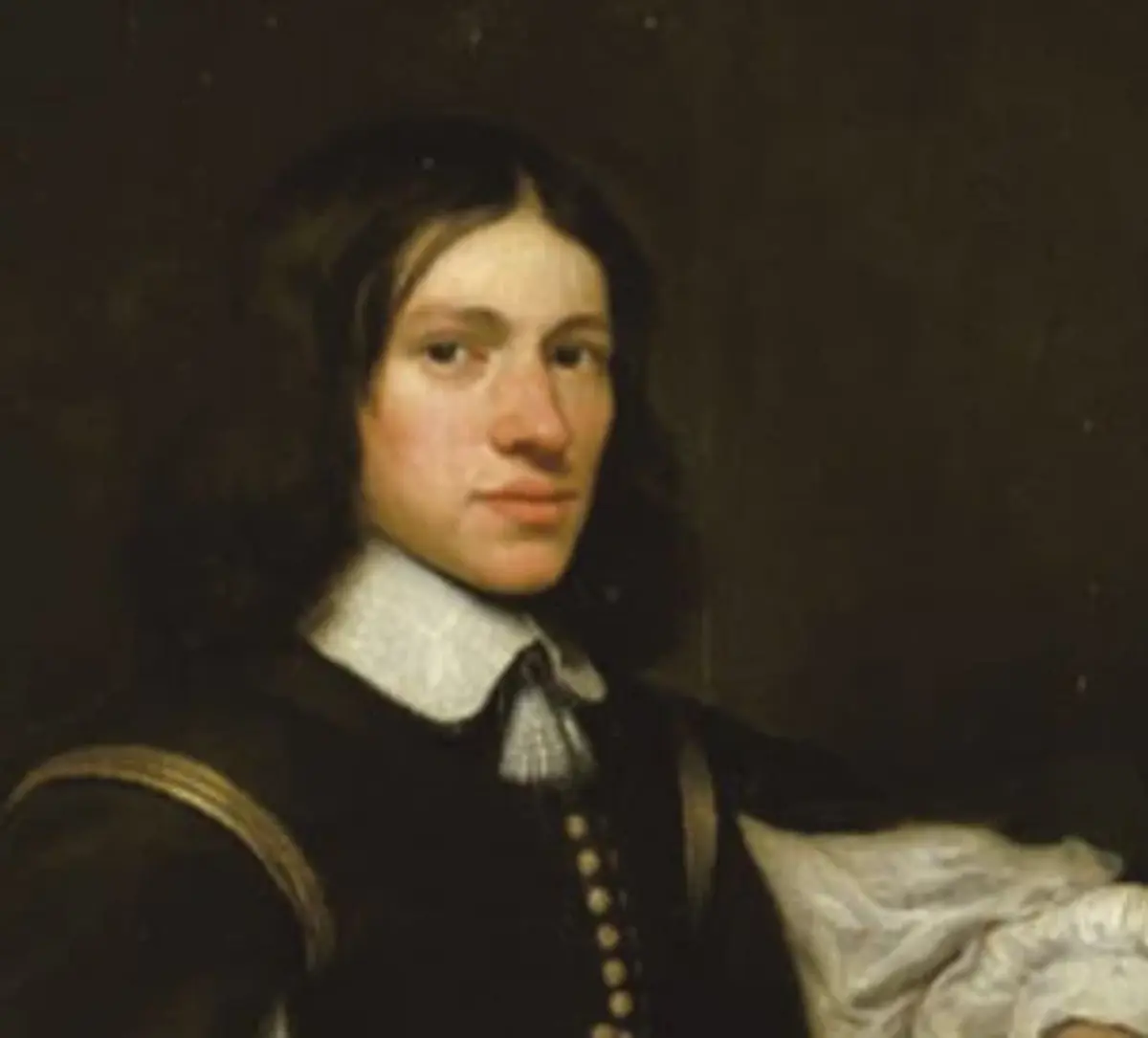
Anthonie Heinsius
Anthonie Heinsius was een uit Delft afkomstig staatsman in de tijd van stadhouder Willem III van Oranje. Begonnen als advocaat, werkte hij zich uiteindelijk op tot raadspensionaris van het gewest Holland – zij het niet helemaal vrijwillig …
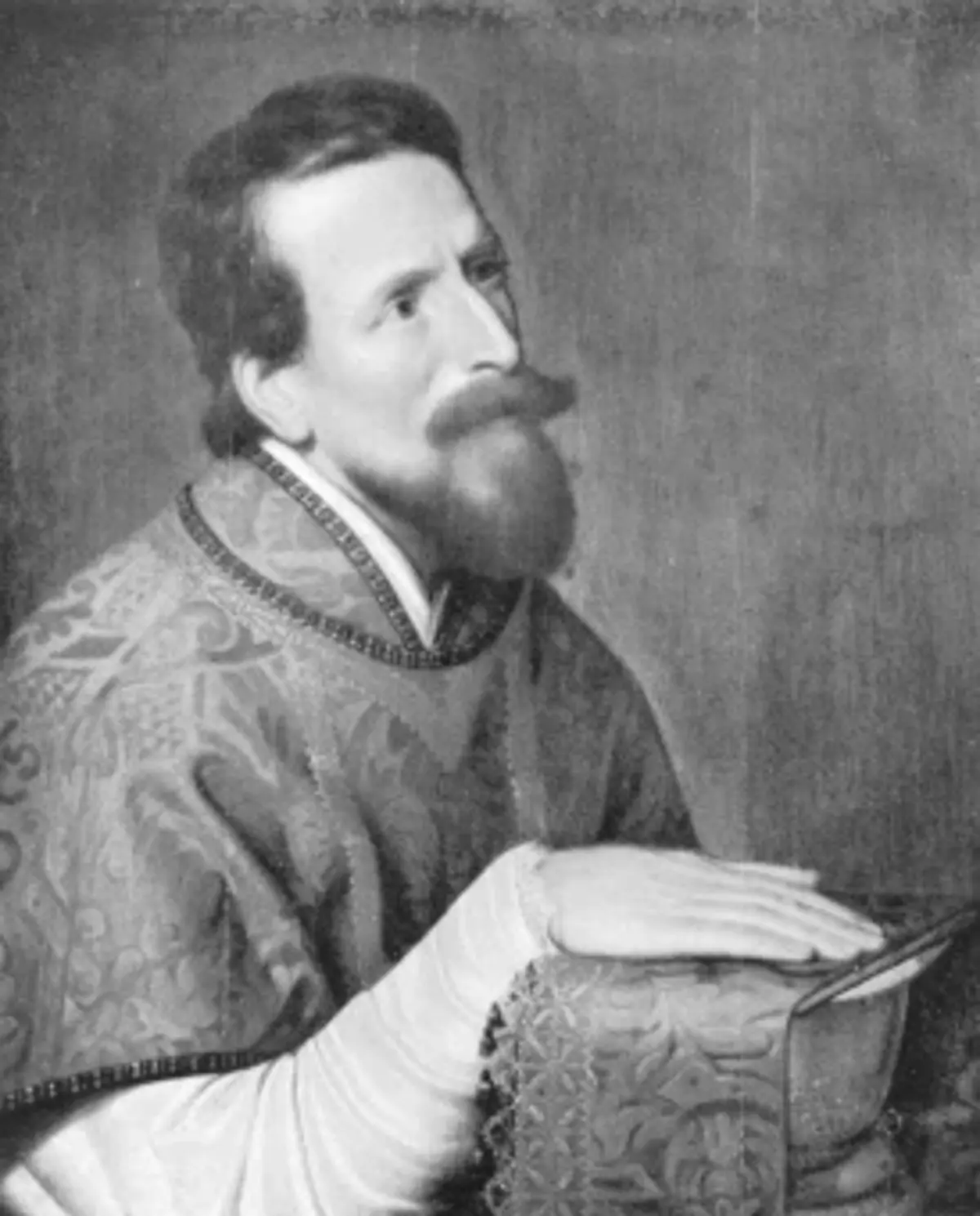
Johannes Stalpaert van der Wiele
After the Eighty Years' War (1568-1648), Protestantism became the dominant religion in the Netherlands. The Iconoclasts had violently stripped all churches of images of saints. Catholics were forced to meet in hideaway churches. Poet, lawyer and priest Johannes Stalpaert van der Wiele stood up for them.
